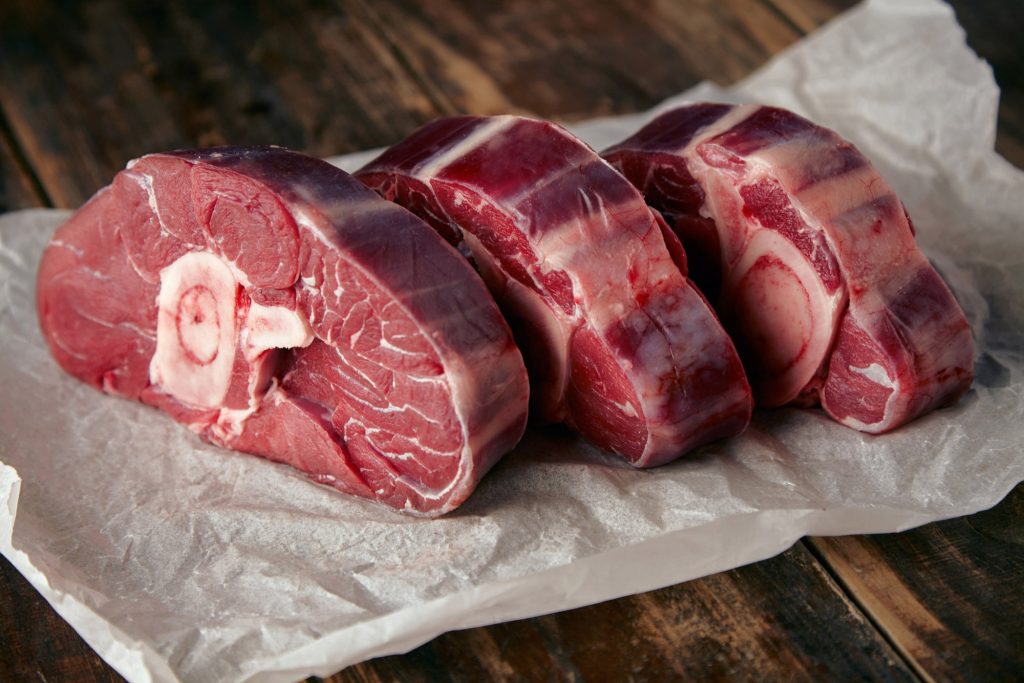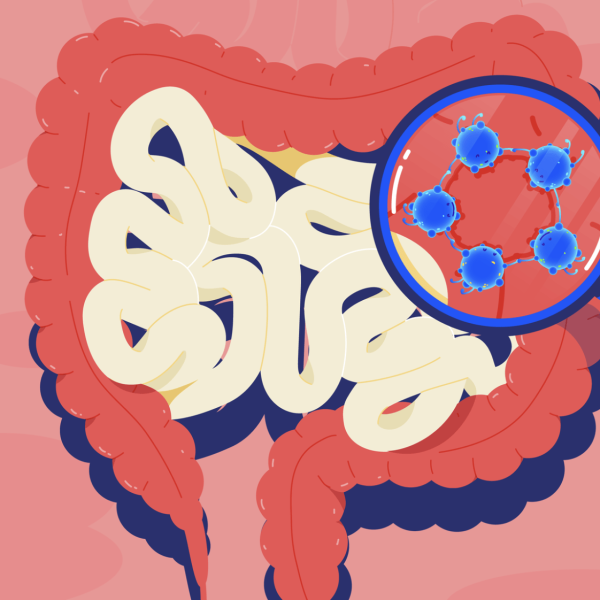Red meat is a widely consumed source of protein in many parts of the world, including India. It is commonly derived from mammals, such as cows, pigs, and sheep, and is often used in dishes like burgers, steaks, and curries.
However, there has been a long-standing debate about whether red meat is healthy or harmful. In this article, we will explore the pros and cons of consuming red meat to help you make an informed decision about your diet.
What is Red Meat?
Before we dive into the benefits and drawbacks of red meat, let’s first understand what it is. Red meat is meat that comes from mammals, such as cows, pigs, and sheep, which are typically raised for their meat. The term “red meat” is used to distinguish it from white meat, which comes from birds like chicken and turkey.

The Pros of Red Meat
Red meat has some pros that cannot be ignored, including being rich in essential nutrients, helping to build muscle mass, improving athletic performance, and providing a satisfying feeling of fullness. Let’s dive deep:
- Rich in Nutrients: Red meat is a good source of various essential nutrients, including protein, iron, zinc, and vitamin B12. These nutrients play a vital role in maintaining the body’s overall health and wellness.
- Helps Build Muscle Mass: Protein is an essential nutrient required for building and repairing tissues in the body, including muscle tissue. Red meat is a great source of high-quality protein, making it an excellent option for people looking to build muscle mass.
- Improves Athletic Performance: Consuming red meat can improve athletic performance by providing the body with high-quality protein, which helps repair muscle damage and supports muscle growth. Red meat also contains creatine, which is known to enhance exercise performance.
- Satisfies Hunger: Red meat is rich in protein and fat, which makes it a filling and satisfying food. Including red meat in your diet can help you feel full for longer and prevent overeating.
The Cons of Red Meat
While red meat has some benefits, it is also associated with some cons, such as being high in saturated fat, increasing the risk of cancer and heart disease, having an environmental impact, and raising concerns about animal welfare. Here are some serious concerns:
- High in Saturated Fat: Red meat is high in saturated fat, which can increase cholesterol levels and contribute to heart disease. Consuming too much red meat can lead to health problems like high blood pressure, heart disease, and stroke.
- Increases Risk of Cancer: Studies have found that consuming red meat is associated with an increased risk of certain types of cancer, including colorectal cancer. This is likely due to the presence of compounds like heme iron and heterocyclic amines, which can damage cells and lead to cancer.
- Environmental Impact: The production of red meat has a significant environmental impact, contributing to greenhouse gas emissions, deforestation, and water pollution. Consuming less red meat can help reduce your carbon footprint and support sustainable agriculture.
- Animal Welfare Concerns: The industrial production of red meat often involves practices that are detrimental to animal welfare, such as overcrowding, the use of antibiotics, and the removal of calves from their mothers shortly after birth. Choosing to consume less red meat or opting for meat from animals raised in more humane conditions can help support animal welfare.
Takeaway
Red meat can be a valuable source of essential nutrients and is beneficial for athletes and bodybuilders. However, it is high in saturated fat and can increase the risk of cancer, heart disease, and stroke. Additionally, the production of red meat has a significant environmental impact and raises concerns about animal welfare.
Therefore, it is essential to consume red meat in moderation and consider reducing consumption for health, environmental, and ethical reasons. Incorporating other protein sources like beans, lentils, and nuts into your diet can also help reduce your reliance on red meat.





















Share this article